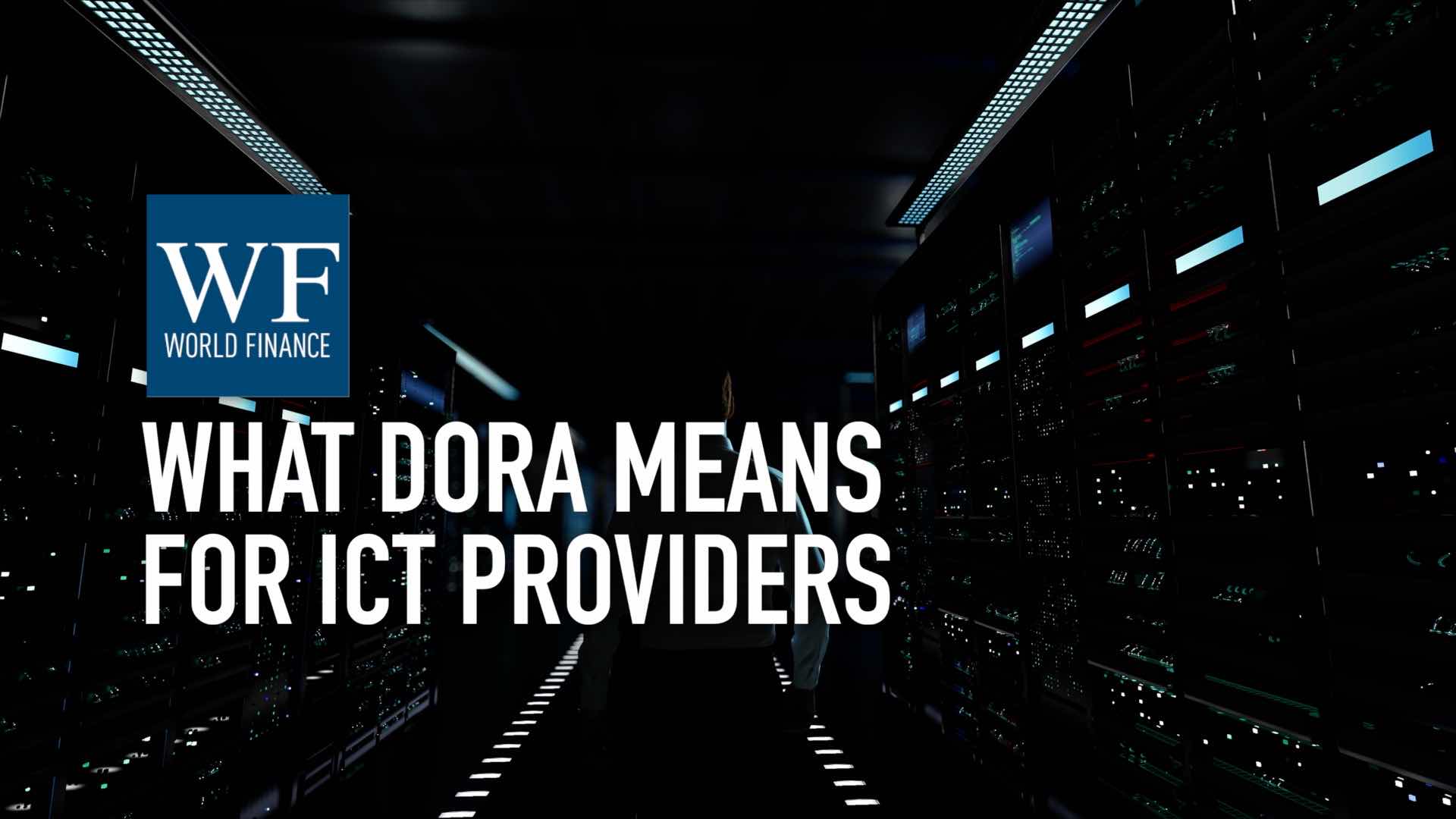BBH: Manage risk to match your needs, not to avoid price volatility
Portfolio diversification is an exercise in balance sheet management, not chasing a market index, explains Brown Brothers Harriman's Scott Clemons
Related:
Transcript
Equity markets are hitting all-time highs, while the volatility index is at an all-time low. Although this sounds like positive news, for Scott Clemons from Brown Brothers Harriman, now is exactly the time that you should be assessing your investment risk. He explains why BBH rejects the institutional definition of risk, the private bank’s approach to portfolio selection, and why low volatility is making his active value approach harder.
World Finance: Scott, why should investors be remaining alert to their risk?
Scott Clemons: Well investors should always be alert! But particularly now, because we know, as is the case in life, so is the case in investment markets: it’s precisely when you think that nothing can go wrong, that mother nature or mister market pulls the rug out from under you.
World Finance: Volatility isn’t actually the definition of risk that you’re particularly interested in.
Scott Clemons: It is the institutional definition of risk, but it happens to be one with which we don’t agree. Because the definition of price volatility is simply not one that most private clients embrace.
Risk for an individual investor, or risk for a family investor, is simply that the assets they have don’t support the spending needs that they have, both now and into the future. It’s an exercise in balance, not necessarily an exercise in avoiding price volatility.
World Finance: And when you’re putting a portfolio together, you’re actually more interested in what the client needs than in chasing an index.
Scott Clemons: That’s right; it’s an exercise ultimately in balance sheet management. Individuals and families, like companies, have assets and liabilities. The difference is, for individuals, those liabilities may be more subjective. It may be the desire to retire in a certain place at a certain age, to be philanthropic, to leave money for future generations; whatever it may be. But then the exercise of asset allocation, investing, is simply a reflection of the liability allocation: what you need your assets to do in terms of supporting those liabilities, both now and into the future.
World Finance: Now any individual security that you choose is going to have a fundamental value, and it’s also going to have a current price. Talk me through how you assess those two things.
Scott Clemons: So first of all, they’re two very different things. Price is a wonderful notion: it has transparency, it has availability, you and I would agree on the price of any security on any given day of the week. That’s a beautiful thing. The downside is that price has volatility.
Value is the reverse of all of those things. You and I might not agree on the value of the security; it’s not readily accessible. But it has more durability.
So our approach at Brown Brothers Harriman is simply to identify the value of a security in any asset class, and exploit the volatility of the price to buy the asset at a discount to its intrinsic value.
World Finance: Low volatility in the market at the moment actually means there’s not many opportunities, then.
Scott Clemons: It’s become a lot more difficult. We haven’t had a five percent correction in US equity markets since June 2016, with the surprise Brexit vote. And even that wasn’t that big of a setback. That’s the fourth longest stretch on record without a five percent correction in the market. So yes: it makes an active value approach a little bit more difficult, which in turn makes the risk approach all the more important.
World Finance: So with current market sentiment, what should investors be doing?
Scott Clemons: Investors should first of all be making sure that the asset allocation they have reflects the liability allocation they have – step one. Step two, they should not be lowering their investment standards in pursuit of return without attention to risk. One of my favourite definitions of risk is simply that many, many more things can happen than will happen; and just because risky things haven’t happened in the past 18 months since that last correction, doesn’t mean the market’s not a risky place.
World Finance: Scott, thank you very much.
Scott Clemons: Thank you, Paul.

 What the Digital Operational Resilience Act means for board members and CEOs
What the Digital Operational Resilience Act means for board members and CEOs What the Digital Operational Resilience Act means for third party ICT providers
What the Digital Operational Resilience Act means for third party ICT providers
